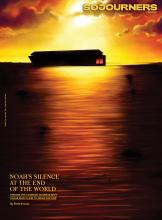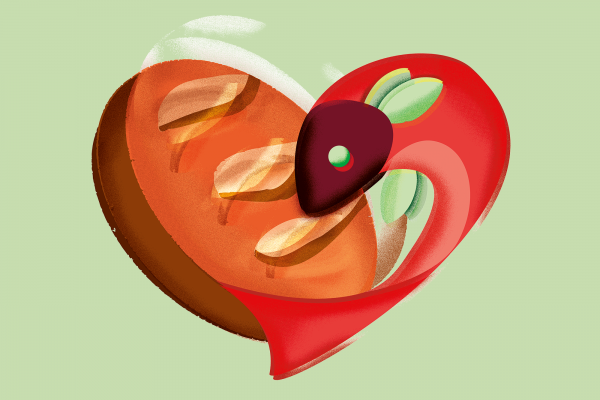STROLLING THROUGH MY neighborhood in East Harlem recently, I noticed whole blocks that felt almost desolate. Along 3rd Avenue I saw stretches of sidewalk once bustling with small businesses, street vendors, the smell of incense, and the sound of West African music, now abandoned amid the echoes of what was.
As a citizen of these barrio streets, the feeling I get is a form of ecological despair. And while some of these places of disinheritance were there before, it seems to have gotten worse during the COVID-19 pandemic. The glitz of gentrification fails to mask increased homelessness, open substance use, and the fatigue many parents and caretakers have experienced, even after the mandated quarantine ended.
At the height of the pandemic, I remember someone telling me, “We’re all in the same water but not the same boat.” Yes, it’s true, the privileged and those who are poor have been hit by the pandemic in multiple ways, but the impact is always felt differently among the most vulnerable. Yet here we are together—a part of the same ecosystem. I’ve done funerals for the poor and the privileged alike; grief has a way of making us feel more tender and more human.
Read the Full Article

